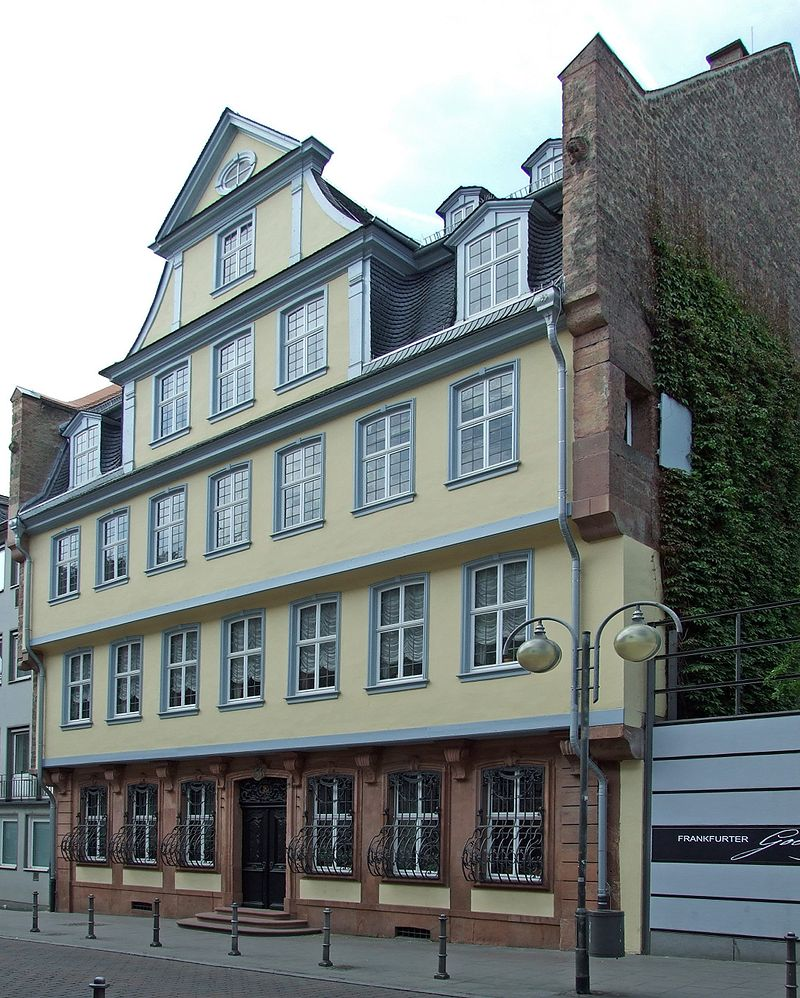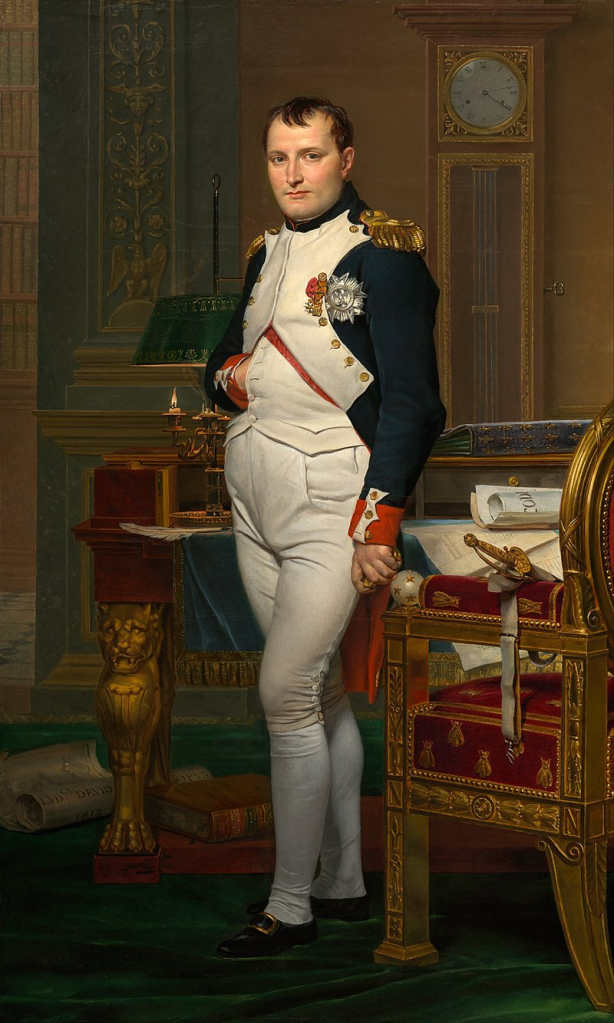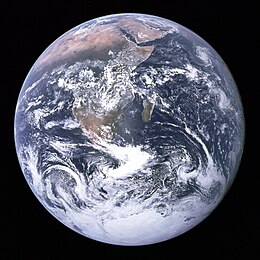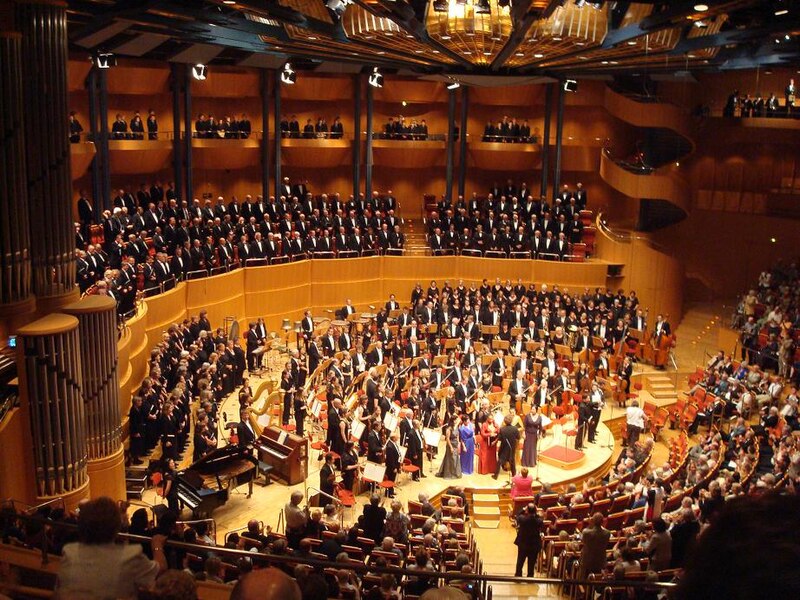Eskişehir, Türkiye
Friday 22 March 2024
“Advice is like snow.
The softer it falls, the longer it dwells upon and the deeper it sinks into the mind.”
(“Confessions of an Inquirer“, Samuel Taylor Coleridge)

Perhaps Allah is reading my blogposts?
I mentioned abandoning my winter coat for sweaters of spring, but this morning has proven this decision to be premature.
It snowed last night.
Yes, gentle readers familar only with the Republic’s Mediterranean beaches, Türkiye does get snow.
The silence of snow reminiscient of the start of a poem, slowly as a dream from a long-desired long-awaited reverie, clensed by memories of innocence and childhood, we succumb to optimism and dare to believe ourselves at home in this world.
As each snowflake is a masterpiece of God, so is each and every human being upon whom the snowflake falls, proof of the manifestation of love in all of Creation.

The pale cold ground with its sombre blanket of white brings to mind the diary entry of Gerard Manley Hopkins, 22 March 1870:
“I asked the Brentford boys about a ghost story they had told me before that.
At Norris’ market gardens by Sion Lane, there is a place where according to tradition two men were ploughing with four horses.
In bringing the plough round at the headland they fell into a covered well which they did not see and were killed.
And now if you lean your ear against a wall at the place you can hear the horses going and the men singing at their work.
There are other ghosts belonging to Sion House, for example, there is an image of our Lady in a stained glass window which every year is broken by an unseen hand and invisibly mended.“

Above: Gerard Manley Hopkins (1844 – 1899)
During the night, the first evening of spring, winter descended.
A reminder that as new lives are being born so too are other lives ending.

“The morning after Goethe’s death, a deep desire seized me to look once again upon his earthly garment.
His faithful servant, Frederick, opened for me the chamber in which he was laid out.
Stretched upon his back, he reposed as if asleep, profound peace and security reigned in the features of his sublimely noble countenance.
The mighty brow seemed yet to harbour thoughts.
I wished for a lock of his hair, but reverence prevented me from cutting it off.
The body lay naked, only wrapped in a white sheet.
Large pieces of ice had been placed near it, to keep it fresh as long as possible.
Frederick drew aside the sheet.
I was astonished at the divine magnificence of the limbs.
The breast was powerful, broad and arched.
The arms and thighs were elegant and of the most perfect shape.
Nowhere on the whole body was there a trace of either fat or of leanness and decay.
A perfect man lay in great beauty before me and the rapture the sight caused me made me forget for a moment that the immortal spirit had left such an abode.
I laid my hand on his heart.
There was a deep silence.
I turned away to give free vent to my suppressed tears.”
(“Conversations with Goethe“, Johann Peter Eckermann)

Above: Johann Peter Eckermann (1792 – 1854)
Eckermann (1792 – 1854) played a similar role in the life and memory of the great German literary polymath Johann Wolfgang von Goethe (1749 – 1832) as James Boswell (1740 – 1795) had done for Samuel Johnson (1709 – 1784).
Eckermann’s awestruck description of the poet’s fine bodily form evince a deep reverance for the man.
Eckermann published his recollections in “Conversations with Goethe” in 1836, four years after the death of the writer on 22 March 1832 in Weimar.
Goethe died of apparent heart failure.

Not that Goethe needed posthumous reclamation.
By the end of his life, having published over 90 books – poetry, plays (including his dramatic masterpiece “Faust“), novels, children’s stories, philosophical and scientific works – as well as many of his letters, Goethe was an international celebrity.
In the German theatre, via the lessons of Shakespeare, Goethe liberated drama from neoclassical strictures.
And in his epistolary bestseller “The Sorrows of Young Werther” (1774), Goethe unleased on the world a version of the Romantic persona in the novella’s eponymous hero:
A sensitive, unrequited and ultimately suicidal lover.

Johann Wolfgang von Goethe (28 August 1749 – 22 March 1832) was a German polymath and writer, who is widely regarded as the greatest and most influential writer in the German language.
His work has had a profound and wide-ranging influence on Western literary, political and philosophical thought from the late 18th century to the present day.
Goethe was a German poet, playwright, novelist, scientist, statesman, theatre director and critic.
His works include plays, poetry, literature and aesthetic criticism, as well as treatises on botany, anatomy and colour.
Goethe had a great effect on the 19th century.
In many respects, he was the originator of many ideas which later became widespread.
He produced volumes of poetry, essays, criticism, a theory of colours and early work on evolution and linguistics.
His non-fiction writings, most of which are philosophic and aphoristic in nature, spurred the development of many thinkers.

Above: Johann Wolfgang von Goethe, 1828
He was fascinated by mineralogy.
The mineral goethite (iron oxide) is named after him.
He had the largest private collection of minerals in all of Europe.
By the time of his death, in order to gain a comprehensive view in geology, he had collected 17,800 rock samples.

Goethe embodied many of the contending strands in art over the next century:
His work could be lushly emotional and rigorously formal, brief and epigrammatic, and epic.
He penned poetry rich in memorable images and rewrote the formal rules of German poetry.
Goethe’s influence was dramatic because he understood that there was a transition in European sensibilities, an increasing focus on sense, the indescribable, and the emotional.
This is not to say that he was emotionalistic or excessive.
On the contrary, he lauded personal restraint and felt that excess was a disease:
“There is nothing worse than imagination without taste.”
He said in Scientific Studies:
“We conceive of the individual animal as a small world, existing for its own sake, by its own means.
Every creature is its own reason to be.
All its parts have a direct effect on one another, a relationship to one another, thereby constantly renewing the circle of life; thus we are justified in considering every animal physiologically perfect.
Viewed from within, no part of the animal is a useless or arbitrary product of the formative impulse (as so often thought).
Externally, some parts may seem useless because the inner coherence of the animal nature has given them this form without regard to outer circumstance.
Thus the question is not “What are they for?” but rather “Where do they come from?”
Goethe exhibited a repugnance towards the mathematical interpretation of nature.
He perceived the universe as dynamic and in constant flux.
He saw “art and science as compatible disciplines linked by common imaginative processes” and grasped “the unconscious impulses underlying mental creation in all forms.”
His views make him, a figure in two worlds:
On the one hand, devoted to the sense of taste, order, and finely crafted detail, which is the hallmark of the artistic sense.
On the other, seeking a personal, intuitive, and personalized form of expression and society, firmly supporting the idea of self-regulating and organic systems.
Many of Goethe’s works depict erotic passions and acts.
Goethe clearly saw human sexuality as a topic worthy of poetic and artistic depiction, an idea that was uncommon in a time when the private nature of sexuality was rigorously normative.
Goethe was a freethinker who believed that one could be inwardly Christian without following any of the Christian churches, many of whose central teachings he firmly opposed, sharply distinguishing between Christ and the tenets of Christian theology, and criticizing its history as a “hodgepodge of mistakes and violence“.
Goethe showed interest in other religions, including Islam.
Politically, Goethe described himself as a “moderate liberal“.
At the time of the French Revolution, he thought the enthusiasm of the students and professors to be a perversion of their energy and remained skeptical of the ability of the masses to govern.
Although often requested to write poems arousing nationalist passions, Goethe would always decline.
In old age, he explained why this was so to Eckermann:
“How could I write songs of hatred when I felt no hate?
And, between ourselves, I never hated the French, although I thanked God when we were rid of them.
How could I, to whom the only significant things are civilization and barbarism, hate a nation which is among the most cultivated in the world, and to which I owe a great part of my own culture?
In any case this business of hatred between nations is a curious thing.
You will always find it more powerful and barbarous on the lowest levels of civilization.
But there exists a level at which it wholly disappears, and where one stands, so to speak, above the nations, and feels the weal or woe of a neighboring people as though it were one’s own.”

Above: Goethe, 1775
Goethe studied law at Leipzig University from 1765 to 1768.
He detested learning age-old judicial rules by heart, preferring instead to attend the lessons of the university professor and poet Christian Fürchtegott Gellert (1715 – 1769).
In Leipzig, Goethe fell in love with Anna Katharina Schönkopf (1746 – 1810), the daughter of a craftsman and innkeeper, writing cheerful verses about her.
In 1770, he released anonymously his first collection of poems, “Annette“.
His uncritical admiration for many contemporary poets evaporated as he developed an interest in Gotthold Ephraim Lessing (1729 – 1781) and Christoph Martin Wieland (1733 – 1813).
By this time, Goethe had already written a great deal, but he discarded nearly all of these works except for the comedy “Die Mitschuldigen“.
The inn Auerbachs Keller (the 2nd oldest restaurant in Leipzig) and its legend of Johann Georg Faust (1466 – 1541) and his 1525 barrel ride impressed him so much that Auerbachs Keller became the only real place in his closet drama “Faust, Part One“.

Given that he was making little progress in his formal studies, Goethe was forced to return to Frankfurt at the end of August 1768.
Back in Frankfurt, Goethe became severely ill.
During the year and a half that followed, marked by several relapses, relations with his father worsened.
During convalescence, Goethe was nursed by his mother and sister.

Above: Goethe’s birthplace, Großer Hirschgraben, Frankfurt am Main, Germany
In April 1770, Goethe left Frankfurt in order to finish his studies, this time at the University of Strasbourg.
In Alsace, Goethe blossomed.
No other landscape was to be described by him as affectionately as the warm, wide Rhineland.
In Strasbourg, Goethe met Johann Gottfried Herder (1744 – 1803).
The two became close friends, and crucially to Goethe’s intellectual development, Herder kindled his interest in William Shakespeare (1564 – 1616), Ossian (the narrator and purported author of a cycle of epıc poems published by James Macpherson (1736 – 1796), the Scottish poet) and in the notion of Volkspoesie (folk poetry).

Above: Notre Dame Cathedral, Strasbourg, Alsace, France
On 14 October 1772 Goethe hosted a gathering in his parents home in honour of the first German “Shakespeare Day“.
His first acquaintance with Shakespeare’s works is described as his personal awakening in the field of literature.

Above: William Shakespeare (1564 – 1616)
On a trip to the village of Sessenheim in October 1770, Goethe fell in love with Friederike Brion (1752 – 1813), but the tryst ended in August 1771.

Above: Town Hall, Sessenheim, Alsace, France
Several of Goethe’s poems, like “Willkommen und Abschied“, “Sesenheimer Lieder” and “Heidenröslein“, date to this period.
At the end of August 1771, Goethe acquired his law degree and was able to establish a small legal practice in Frankfurt.
Although in his academic work he had given voice to an ambition to make jurisprudence progressively more humane, his inexperience led him to proceed too vigorously in his first cases, for which he was reprimanded and lost further clientele.
Within a few months, this put an early end to his law career.

Above: Frankfurt am Main skylıne
Around this time, Goethe became acquainted with the court of Darmstadt, where his inventiveness was praised.
It was from that world that there came Johann Georg Schlosser (who later became Goethe’s brother-in-law) and Johann Heinrich Merck (1741 – 1791).
Goethe also pursued literary plans again.
This time, his father did not object, and even helped.

Above: Darmstadt, Germany
Goethe obtained a copy of the biography of a noble highwayman from the German Peasants’ War (1524 – 1525).
In a couple of weeks the biography was reworked into a colourful drama titled “Götz von Berlichingen“.
The work struck a chord among Goethe’s contemporaries.

Representation of Götz with his famous quote: “But he, tell him, he can lick my arse” from Goethe’s play, Weisenheim am Sand, Germany
Since Goethe could not subsist on his income as one of the editors of a literary periodical (published by Schlosser and Merck), in May 1772 he once more took up the practice of law, this time at Wetzlar.
In 1774 he wrote the book which would bring him worldwide fame, “The Sorrows of Young Werther“.
The broad shape of the work’s plot is largely based on what Goethe experienced during his time at Wetzlar with Charlotte Buff (1753 – 1828) and her fiancé, Johann Christian Kestner (1741 – 1800), as well as the suicide of Goethe’s friend Karl Wilhelm Jerusalem (1747 – 1772).
In the latter case, Goethe made a desperate passion of what was in reality a hearty and relaxed friendship.
Despite the immense success of Werther, it did not bring Goethe much financial gain since the protection later afforded by copyright laws at that time virtually did not exist.
(In later years Goethe would counter this problem by periodically authorizing “new, revised” editions of his Complete Works.)

Above: Wetzlar, Germany
Goethe took up residence in Weimar (where he would remain the rest of his life) in November 1775 following the success of his first novel, “The Sorrows of Young Werther” (1774).
During his first ten years in Weimar, Goethe became a member of the Duke’s Privy Council (1776 – 1785), sat on the war and highway commissions, oversaw the reopening of silver mines in nearby Ilmenau and implemented a series of administrative reforms at the University of Jena.
He also contributed to the planning of Weimar’s botanical park and the rebuilding of its Ducal Palace.

Above: Weimar, Germany
In 1776, Goethe formed a close relationship with Charlotte von Stein (1742 – 1827), an older, married woman.
The intimate bond with her lasted for ten years, after which Goethe abruptly left for Italy without giving his companion any notice.
She was emotionally distraught at the time, but they were eventually reconciled.

Above: Charlotte von Stein
Goethe’s journey to the Italian peninsula and Sicily from 1786 to 1788 was of great significance in his aesthetic and philosophical development.
His father had made a similar journey, and his example was a major motivating factor for Goethe to make the trip.
More importantly, however, the work of Johann Joachim Winckelmann (1717 – 1768) had provoked a general renewed interest in the classical art of ancient Greece and Rome.
Thus Goethe’s journey had something of the nature of a pilgrimage to it.
During the course of his trip Goethe met and befriended the artists Angelica Kauffman (1741 – 1807) and Johann Heinrich Wilhelm Tischbein (1751 – 1829), as well as encountering such notable characters as Lady Hamilton (1765 – 1815) and Alessandro Cagliostro (1743 – 1795).
He also journeyed to Sicily during this time and wrote that:
“To have seen Italy without having seen Sicily is to not have seen Italy at all, for Sicily is the clue to everything.”
While in Southern Italy and Sicily, Goethe encountered, for the first time genuine Greek (as opposed to Roman) architecture, and was quite startled by its relative simplicity.
Winckelmann had not recognized the distinctness of the two styles.
Goethe’s diaries of this period form the basis of the non-fiction Italian Journey.
Italian Journey only covers the first year of Goethe’s visit.
The remaining year is largely undocumented, aside from the fact that he spent much of it in Venice.
This “gap in the record” has been the source of much speculation over the years.
In the decades which immediately followed its publication in 1816, Italian Journey inspired countless German youths to follow Goethe’s example.
This is pictured, somewhat satirically, in George Eliot’s (aka Mary Ann Evans)(1819 – 1880) Middlemarch.

Goethe’s first major scientific work, the “Metamorphosis of Plants“, was published after he returned from a 1788 tour of Italy.
In 1791, he was made Managing Director of the theatre at Weimar.
Goethe took part in the Battle of Valmy (20 September 1792) against revolutionary France during the failed invasion of France.
Again during the Siege of Mainz (14 April – 23 July 1793), he served as a military observer.
His written account of these events can be found within his Complete Works.

In 1794, Goethe began a friendship with the dramatist, historian and philosopher Friedrich Schiller (1759 – 1805), whose plays he premiered until Schiller’s death.

Above: Friedrich Schiller
During this period Goethe published his second novel, “Wilhelm Meister’s Apprenticeship” (1796), the verse epic “Hermann and Dorothe” (1797), and, in 1808, the first part of his most celebrated drama, “Faust“.
The German philosopher Arthur Schopenhauer (1788 – 1860) named “Wilhelm Meister’s Apprenticeship” one of the four greatest novels ever written, while the American philosopher and essayist Ralph Waldo Emerson (1803 – 1882) selected Goethe as one of six “representative men” in his work “Representative Men“.

In 1806, Goethe was living in Weimar with his mistress Christiane Vulpius (1765 – 1816) and their son August von Goethe (1789 – 1830).
On 13 October 1806, Napoleon’s (1769 – 1821) army invaded the town.
The French “spoon guards“, the least disciplined soldiers, occupied Goethe’s house:
The ‘spoon guards’ had broken in, they had drunk wine, made a great uproar and called for the master of the house.
Goethe’s secretary Riemer reports:
‘Although already undressed and wearing only his wide nightgown, he descended the stairs towards them and inquired what they wanted from him.
His dignified figure, commanding respect, and his spiritual mien seemed to impress even them.’
But it was not to last long.
Late at night they burst into his bedroom with drawn bayonets.
Goethe was petrified.
Christiane raised a lot of noise and even tangled with them.
Other people who had taken refuge in Goethe’s house rushed in.
And so the marauders eventually withdrew again.
It was Christiane who commanded and organized the defense of the house on the Frauenplan.
The barricading of the kitchen and the cellar against the wild pillaging soldiery was her work.
Goethe noted in his diary:
“Fires, rapine, a frightful night.
Preservation of the house through steadfastness and luck.”
The luck was Goethe’s.
The steadfastness was displayed by Christiane.

Above: Goethe House and Museum, Weimar
Days afterward, on 19 October 1806, Goethe legitimized their 18-year relationship by marrying Christiane in a quiet marriage service at the Jakobskirche in Weimar.
They had already had several children together by this time, including their son, Julius August Walter von Goethe (1789 – 1830), whose wife, Ottilie von Pogwisch (1796 – 1872), cared for the elder Goethe until his death in 1832.
Christiane von Goethe died in 1816.
Johann reflected:
“There is nothing more charming to see than a mother with her child in her arms, and there is nothing more venerable than a mother among a number of her children.”

Above: Christiane von Goethe (née Vulpius)
Goethe was a cultural force.
During his first meeting with Napoleon in 1808, the latter famously remarked:
“Vous êtes un homme!” (You are a man!)
The two discussed politics, the writings of Voltaire (1694 – 1778) and Goethe’s Sorrows of Young Werther, which Napoleon had read seven times and ranked among his favorites.
Goethe came away from the meeting deeply impressed with Napoleon’s enlightened intellect and his efforts to build an alternative to the corrupt old regime.
Goethe always spoke of Napoleon with the greatest respect, confessing that “nothing higher and more pleasing could have happened to me in all my life” than to have met Napoleon in person.

Above: Napoleon Bonaparte (1769 – 1821)
Goethe’s comments and observations form the basis of several biographical works, notably Johann Peter Eckermann’s “Conversations with Goethe“.
His poems were set to music by many composers including:
- Wolfgang Amadeus Mozart (1756 – 1791)
- Ludwig van Beethoven (1770 – 1827)
- Franz Schubert (1797 – 1828)
- Hector Berlioz (1803 – 1869)
- Franz Liszt (1811 – 1886)
- Richard Wagner (1813 – 1883)
- Gustav Mahler (1870 – 1911)

Above: Goethe, 1806
What can we learn from Goethe in this 21st century?
As a young man Goethe could write all day long, but as he grew older he found that he could uster the necessary creative energy only in the mornings.
“At one time in my life I could make myself write a printed sheet every day and I found this quite easy.”, he said in 1828.
“Now I can only work at the second part of my Faust in the early hours of the day, when I am feeling revived and strengthened by sleep and not yet harassed by the absurd trivialities of everyday life. And even so, what does this work amount to? If I am very lucky indeed I can manage one page, but as a rule only a hand’s breadth of writing and often even less I am in an unproductive mood.”
These moods were the bane of Goethe’s existence.
He thought it futile to try to work without the spark of imagination.
He wrote:
“My advice therefore is that one should not force anything.
It is better to fritter away one’s unproductive days and hours or sleep through them than to try at such times to write something which will give one no satisfaction later on.“

I believe that everyone has time to write.
We are all given the same 24 hours a day.
It is how we choose to use this time that defines us.
I believe that you will find the time to write if you want to badly enough.
If you can somehow manage a page a day, that is a novel in a year.
If you write 1,000 words a day, that works out at a novel twice the length of Charles Dickens’ Great Expectations every single year.
Serious writers, those who make a success of it, will make time.

Try writing at different times of day and in different locations to see what suits you.
Experiment until you find the time when your creative juices are at peak flow.
However much or little you write, regularity is the most important thing.

When I look back at the life of Goethe I find myself impressed with the man he was.
He lived in turbulent times and kept on writing.
At times his writing could not generate enough income without supplementary income and yet he kept on writing.
When he sought inspiration beyond the bureaucracy of Weimar, he boldly journeyed to Italy and kept on writing.
He wrote what he thought and kept on learning.
His learning fuelled his writing and his writing compelled him to keep learning.
Truly Goethe was a man, with all the strengths and weaknesses that this implies.
Imagination is a garden.
It needs to be constantly cultivated.

Above: Goethe, 1811
I leave you with a quote from Kevin Kline in the 1993 film Dave:
“It’s not about the paycheck.
It is about respect.
It is about looking in the mirror and knowing that you’ve done something valuable with your day.
And if one person could start to feel this way, and then another person, and then another person, soon all these other problems may not seem so impossible.
You don’t really know how much you can do until you stand up and decide to try.“

This is the message I try to convey in my writing of Highway One, seeking to inspire children (and adults) to aspire to be all that they could be.
This is the message I want to plant inside you, gentle reader.
You don’t really know how much you can do until you stand up and decide to try.

Sources:
- “Daily Rituals”, Mason Currey (Picador)
- “History Day by Day”, Peter Furtado (Thames & Hudson)
- “Get Started in Creative Writing”, Stephen May (Teach Yourself)
- “Snow”, Orhan Pamuk (Alfred A. Knopf)
- Wikipedia
- Wikiquote

















![Black Standard flag[1]](https://upload.wikimedia.org/wikipedia/commons/thumb/2/28/AQMI_Flag_asymmetric.svg/800px-AQMI_Flag_asymmetric.svg.png)




